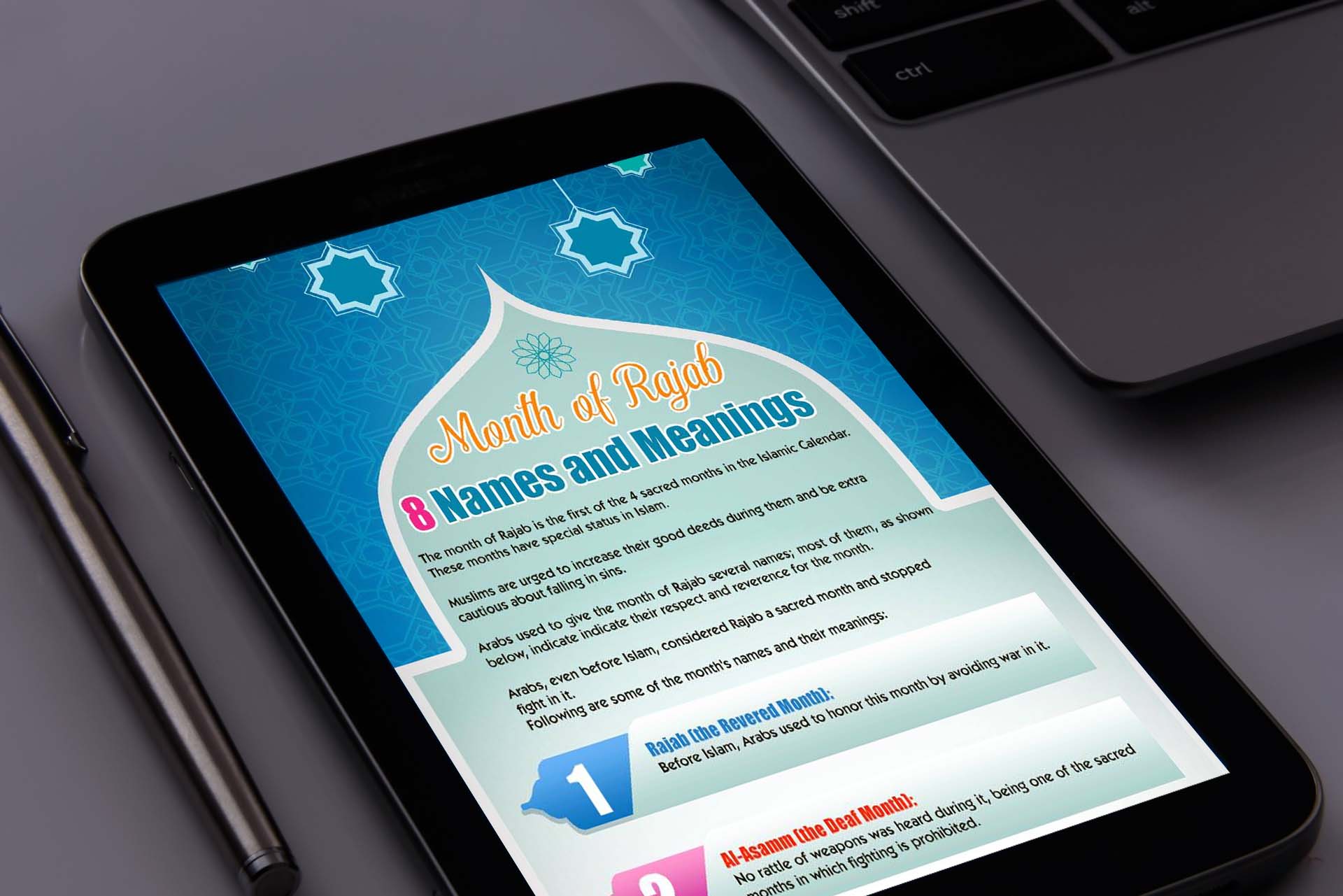The series of persecutions against Muslims started late in the fourth year after Prophet Muhammad received the message.
It started slowly at first, but steadily accelerated. It worsened day by day and month by month until the situation got so extremely grave.
In the middle of the fifth year it became no longer tolerable; so the Muslims began to seriously think of feasible ways to avert the painful tortures meted out to them.
📚 Read Also: Dr. Brown Recounts His First Experience with Quran
Revelation of Surah Al-Kahf
It was at that gloomy and desperate time that Surah Al-Kahf (Chapter 18) was revealed comprising definite answers to the questions with which the polytheists of Makkah constantly pestered the Prophet (Peace and blessings be upon him).
It comprises three stories that include highly suggestive parables for the true believers to assimilate. The story of the Companions of the Cave implies implicit guidance for the believers to emigrate from places of aggression pregnant with the peril of enticement away from the true religion:
{Hence, now that you have withdrawn from them and all that they worship instead of God, take refuge in the cave. God may well spread His grace over you and make fitting arrangements for you in your affairs.’} (Al-Kahf 18:16).
Next, there is the story of Al-Khidr and Musa (Peace be upon him); it was a clear and delicate reference to the vicissitudes of life.
Future circumstances of life are not necessarily the products of the prevalent conditions; they might be categorically the opposite. In other words, the war waged against the Muslims would in the future assume a different turn.
Furthermore, there is the story of Dhul-Qarnain, the powerful ruler of west and east. This story says explicitly that Allah helps His righteous servants inherit the earth and whatever in it. It also shows how Allah raises a righteous man every now and then to protect the weak against the strong.
Surah Az-Zumar Suggests Immigration
Surat Az-Zumar (Chapter 39) was then revealed pointing directly to migration and stating that the earth is spacious enough and the believers must not consider themselves constrained by the forces of tyranny and evil:
{For those who do good in this world there is good, and the earth of Allah is spacious. Indeed, the patient will be given their reward without account.} (Az-Zumar 39:10).
The Prophet (PBUH) had already known that the king of Abyssinia was a fair ruler who would not wrong his subordinates. So, he permitted some of his followers to seek asylum there in Abyssinia.
The First Hijrah
In Rajab of the fifth year of Prophethood, a group of twelve men and four women left for Abyssinia. Among the emigrants were `Uthman bin `Affan and his wife Ruqaiyah [the daughter of the Prophet (Peace and blessings be upon him)].
They sneaked out of Makkah under the heavy curtain of a dark night and headed for the sea where two boats happened to be sailing for Abyssinia, their destination.
News of their departure reached the ears of Quraish. So some men were dispatched in their pursuit. But the believers had already left Shuaibah Port towards their secure haven where they were received warmly and accorded due hospitality.
The Quran Touches the Polytheists Hearts
In Ramadan of the same year, the Prophet (Peace be upon him) went into the Holy Sanctuary where there was a large host of Quraish polytheists, including some notables and celebrities. Suddenly he began reciting Surat An-Najm (Chapter 41).
The awe-inspiring Words of Allah descended unawares upon the polytheists and they immediately got stunned by them.
It was the first time for them to be shocked by the truthful Revelation. They used to talk loudly and insolently during recitation to prevent true listeners from hearing.
{And those who disbelieve say, “Do not listen to this Quran and speak noisily during [the recitation of] it that perhaps you will overcome.”} (Fussilat 41:26)
When the unspeakably fascinating Words of Allah came into direct contact with their hearts, they were entranced and got oblivious of the materialistic world around them; they were caught in a state of full attentiveness to the Divine Words to such an extent that when the Prophet (Peace be upon him) reached the stormy, heart-beating ending, {So fall you down in prostration to Allah and worship Him (Alone).} (An-Najm 53:62), the idolaters, unconsciously and with full compliance, prostrated themselves in absolute god-fearing and stainless devotion.
The Polytheists Shock
It was a moment of truth that pierced the hearts of the haughty and the scoffers. They were shocked to realize that Allah’s words had conquered their hearts, and had accomplished what they had been trying to destroy.
Their co-polytheists who had not been present on the scene reproached and blamed them severely.
So, they began to fabricate lies and calumniate the Prophet (Peace and blessing be upon him) alleging that he had attached to their idols great veneration and ascribed to them the power of desirable intercession.
All of these were desperate attempts to justify prostrating themselves with the Prophet (PBUH). Of course, this foolish and iniquitous slanderous behavior was in line with their continuous practice of telling lies and plot hatching.
Rumors Reach Abyssinia
News of this incident was misreported to the Muslim emigrants in Abyssinia. They were informed that the whole of Quraish had embraced Islam so they decided to make their way back home.
They arrived in Makkah in Shawwal of the same year. When they were only an hour’s travel from Makkah, the reality of the situation was discovered. Some of them returned to Abyssinia and others sneaked secretly into the city or went in publicly but under the tutelage of a local notable.
However, due to the news that transpired to the Makkans about the good hospitality and warm welcome that the Muslims were accorded in Abyssinia, the polytheists got terribly indignant and started to mete out severer and more horrible maltreatment and tortures to the Muslims.
Thereupon the Messenger of Allah (Peace and blessings be upon him) deemed it imperative to permit the helpless Companions to seek asylum in Abyssinia for the second time.
Migration this time was not as easy as it was the previous time; Quraish was on the alert to the least suspicious moves of the Muslims. In due course, however, the Muslims managed their affairs too fast for the Quraishites to thwart their attempt of escape. The group of emigrants this time comprised eighty three men and nineteen or, in some versions, eighteen women.
Note: This article is based on the book “The Sealed Nectar” and has been modified for editorial purposes.



